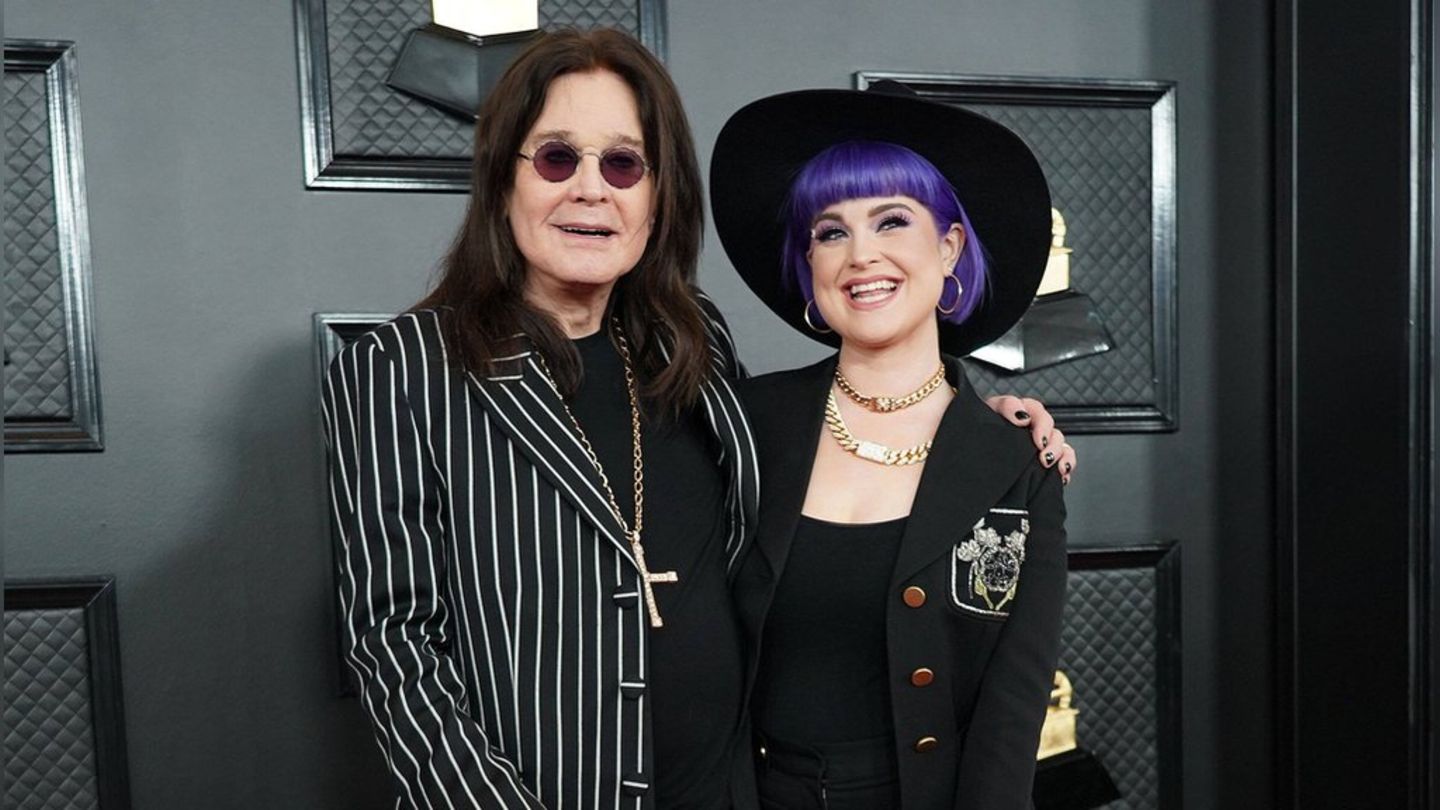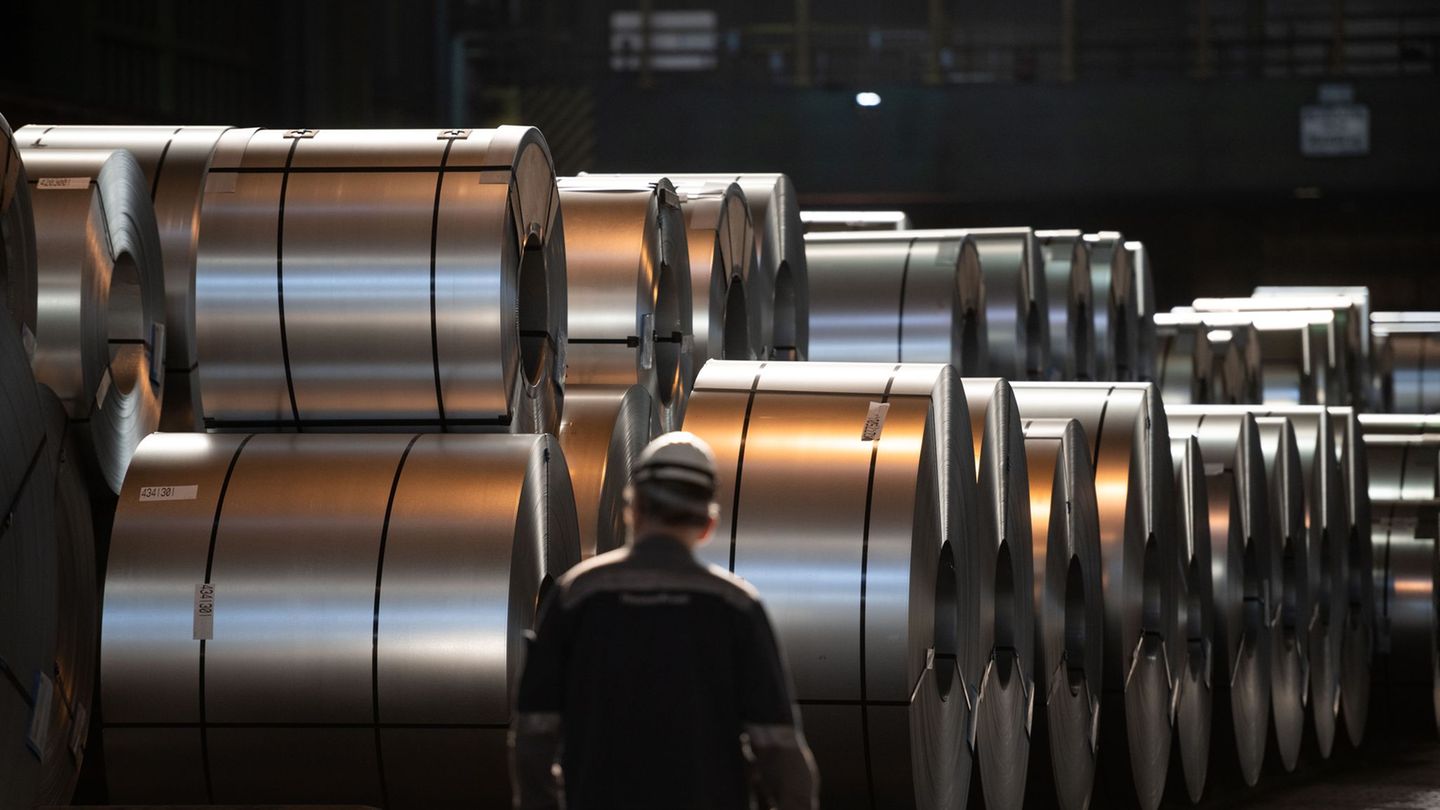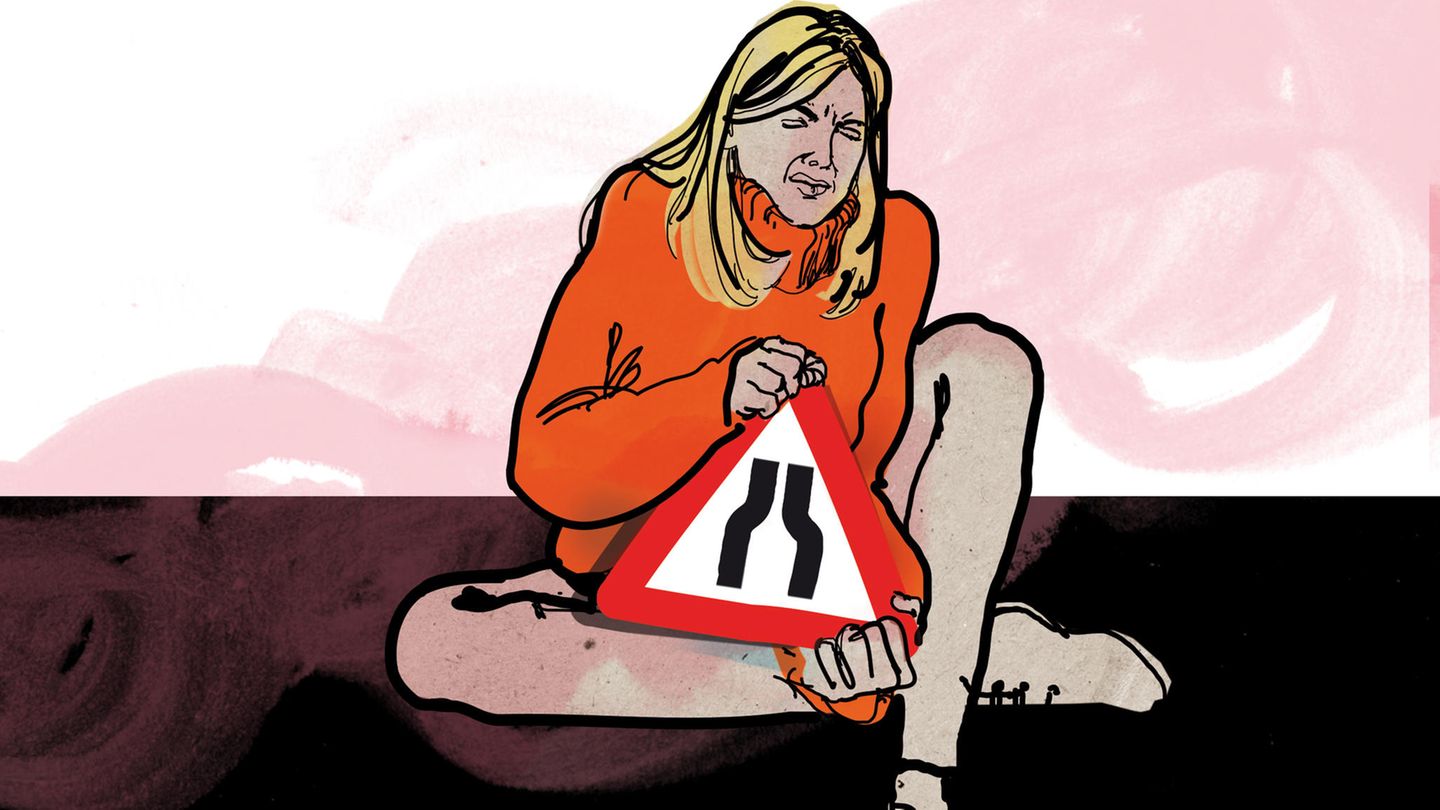Before the German Film Prize, director Edward Berger talks about his Oscar-winning work in an interview.
Edward Berger’s (53) epoch-making anti-war film “Nothing New in the West” is the most successful German Oscar entry of all time with a total of four wins. At today’s German Film Awards ceremony, the Netflix remake of Erich Maria Remarque’s (1898-1970) world-famous novel has been nominated a total of twelve times.
In an interview with the news agency spot on news, the director explains why he preferred to do without digital tricks during the shooting, how he personally experienced the triumphant night of the Oscars and how things are going for him now.
“Nothing New in the West” is the most successful German Oscar entry of all time. To what extent was the production also internationally influenced, for example by those involved behind the camera or, of course, by the Netflix streaming service?
Edward Berger: For me it’s a very German film. I was born in Germany and grew up here. My team is mostly from Germany. And above all, the book is essentially German, the most successful German book on the subject. In addition, a famous author who comes from Germany had to flee and whose books were burned. I don’t know how it can go German.
The topic also has a lot to do with our primal catastrophe, our primal trauma, this great crime of the last century. And that’s a very German topic. In this respect, it doesn’t matter to me where the cameraman or the financing comes from. It’s a German film.
A 400,000 square meter battlefield with over 1,500 meters of trenches was constructed for the shooting. Why didn’t you save yourself this effort and work with digital tricks?
Berger: We wanted to shoot many scenes in uncut length, so we had to actually build the battlefield. For example, there is a shot at the beginning of the film in which the camera floats through the trenches, after a certain 50 meters it lands on the face of an actor, who then climbs up a ladder, the camera runs alongside, everything uncut for another 100 meters across the battlefield.
That alone was quite a few square meters that you had to build for this sequence, because we really walk through it with our characters. You can’t capture something like this digitally in this physical way. You need the right tool for the right setting and in our case that was a real set.
How did you get involved with the subject of the First World War while reading the book? What was particularly important to you to show about the terrible horror of trench warfare?
Berger: I wanted to show the journey of a young person, basically a child, which begins in a state of complete innocence. And how this journey through the influence of war leads to complete disillusionment, a shattered soul and the death of all emotion.
For that reason, I wanted to create the most physical experience possible for the viewer, a tangible, subjective experience of what this boy is going through, so that we can go on this journey with him. We tried to represent the supposed reality as accurately as possible and to push the physically experienced brutality as far as possible for the viewer.
Can you explain why “Nothing New in the West” was so celebrated and received so positively, especially abroad?
Berger: I made the film because we in Germany have a unique perspective on the subject of war – with our guilt and the crimes that the country committed in the last century. That feeling flowed into every second of the film, every decision, the casting, the music, the sludge, the graphic depiction of brutality, everything. We can only tell that in Germany – not in England or America. In the films there, something positive is always gained from the war. There is victory at the end, a hero who has overcome the enemy. We cannot identify with this feeling and therefore cannot tell about it.
Our perspective opens the eyes of viewers abroad. In the end there are only losers, and that is the very essence of war. This was not expected in England, the USA and other countries like France. The audience then embraced it.
What made you decide to invent the two story lines around Matthias Erzberger, played by Daniel Brühl – a historical figure – and the fictional General Friedrich for your adaptation?
Berger: Remarque published his book in 1929, almost 100 years ago. The Second World War hadn’t even happened to him yet. We now have a perspective on our history that World War I was just the beginning – the beginning of an even greater terror.
I was born in 1970, well after World War II, so I can’t ignore it anymore.
Matthias Erzberger, assassinated by nationalists three years after the armistice was signed, was at the heart of the so-called stab in the back narrative used to ultimately start World War II. I wanted to highlight that in my film. 17 million people died in World War I. You’d think we learned something from that, that that was the end of the conflict. In fact, however, it was just the beginning.
The figure of General Friedrich emerged from my research. There were a number of officers who actually drove their troops into battle last night, knowing that this treaty was signed and peace would come in a few hours. Incidentally, that applied to both sides, both the Germans and the Americans. They didn’t want to come home from the last battle as losers, they wanted another medal. That was the officers’ thinking.
How did you experience the Oscars ceremony and the night that followed? Did you come into contact with Hollywood stars a lot? What do you remember in particular?
Berger: The Academy really, really liked the film, they really appreciated it. People always congratulated me. Those were incredibly warm encounters.
With this trophy in your hand you float through the awards ceremony and the festivals, suddenly you can talk to everyone and hug everyone, really everyone. Everyone returns the hug and offers their congratulations. You get a very, very warm welcome. It was a wonderful night that I will always remember.
The best moment, however, came at half past five in the morning. We finally got back to the hotel, my body still full of adrenaline, I sat down in the courtyard with my team and suddenly my eyes fell on the Oscar between us. At that moment I realized that we had won it. We were all very happy.
For leading actor Felix Kammerer, “Nothing New in the West” was the first feature film work. How was the collaboration on the set? Was it easy for him to switch to film work as a theater actor?
Berger: Our first day of shooting was really Felix’s first day in front of a camera. We found him at the Burgtheater in Vienna and, like many actors on stage, he wasn’t aware of the camera at first. He just plays with his partner, as it should be.
During the rehearsals, which I recorded with my smartphone, he sometimes accidentally stood in front of my camera because he was fully concentrating on the person opposite. When I very carefully pointed this out to him, he immediately thanked me. I only had to tell him once and he started dancing with the camera from there.
Felix is a unique talent. He just feels with whom and for whom he is playing. He completely immerses himself in his character and knows her down to the last detail.
Will we see you in Hollywood next?
Berger: I just shot a film in Rome with Ralph Fiennes, Stanley Tucci and Isabella Rossellini. It is titled “Conclave”. What comes after that will emerge. There are also one or the other American film, but I’m always drawn to where the best story takes place.
Source: Stern
I am an author and journalist who has worked in the entertainment industry for over a decade. I currently work as a news editor at a major news website, and my focus is on covering the latest trends in entertainment. I also write occasional pieces for other outlets, and have authored two books about the entertainment industry.




